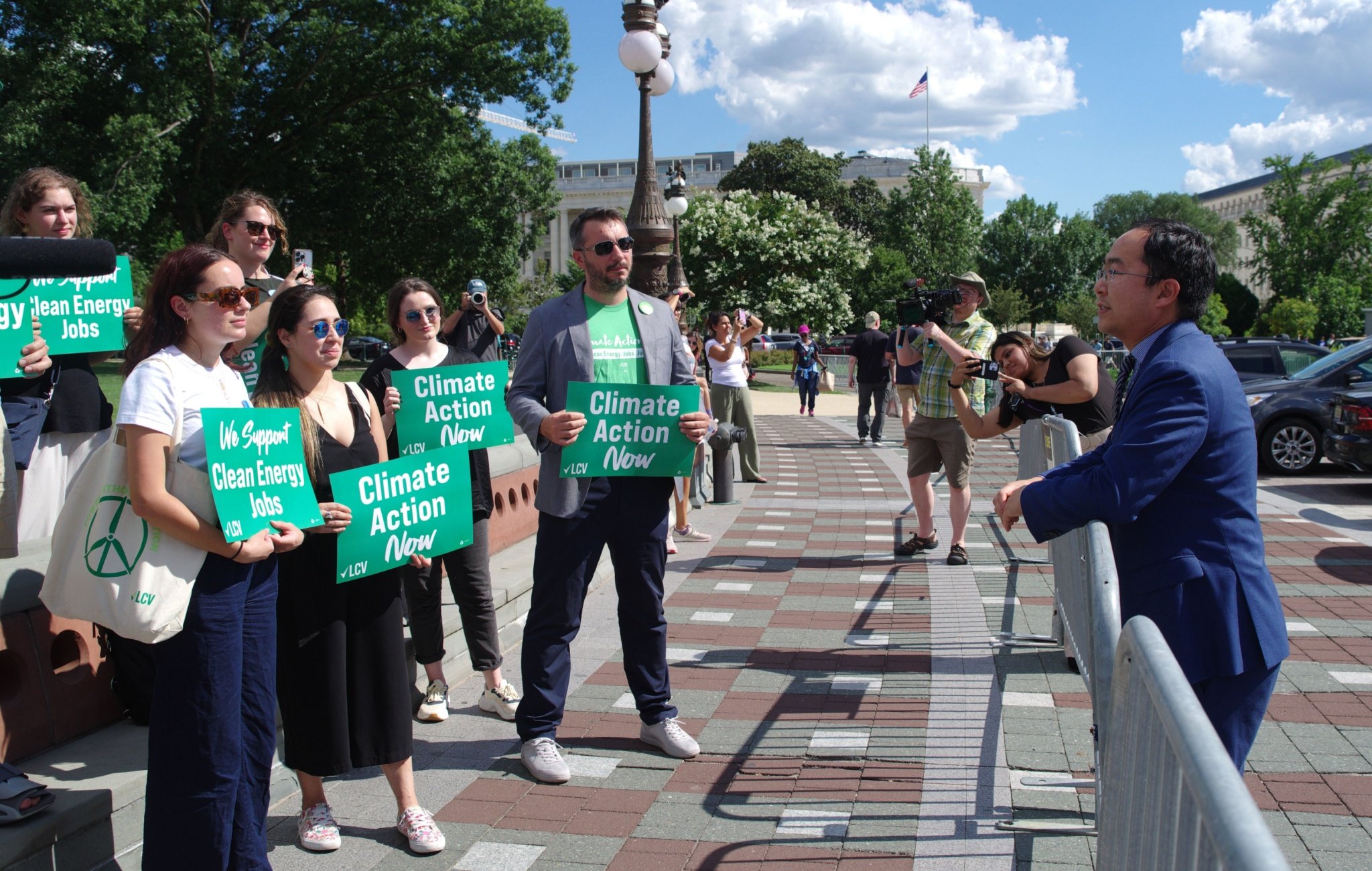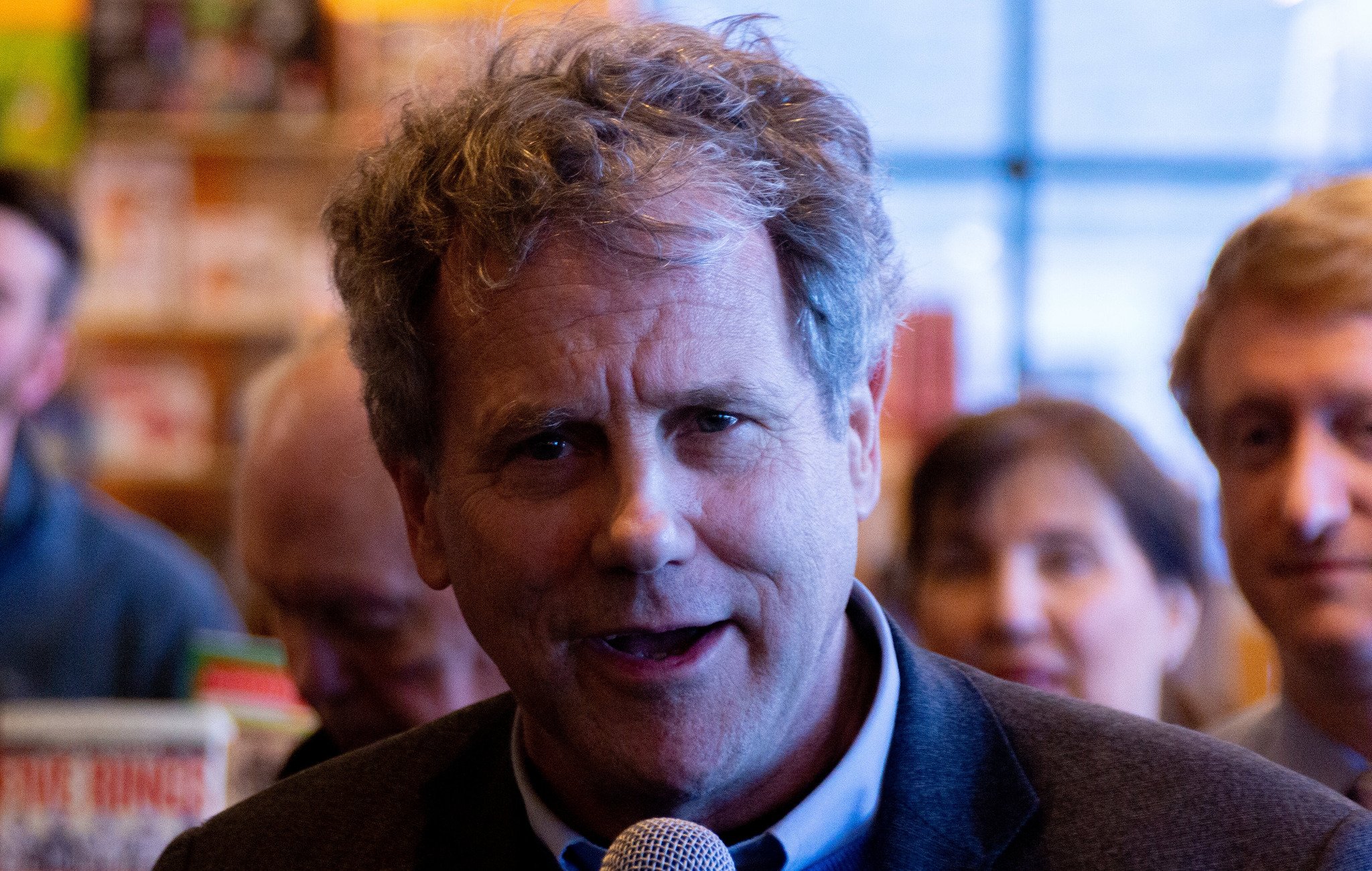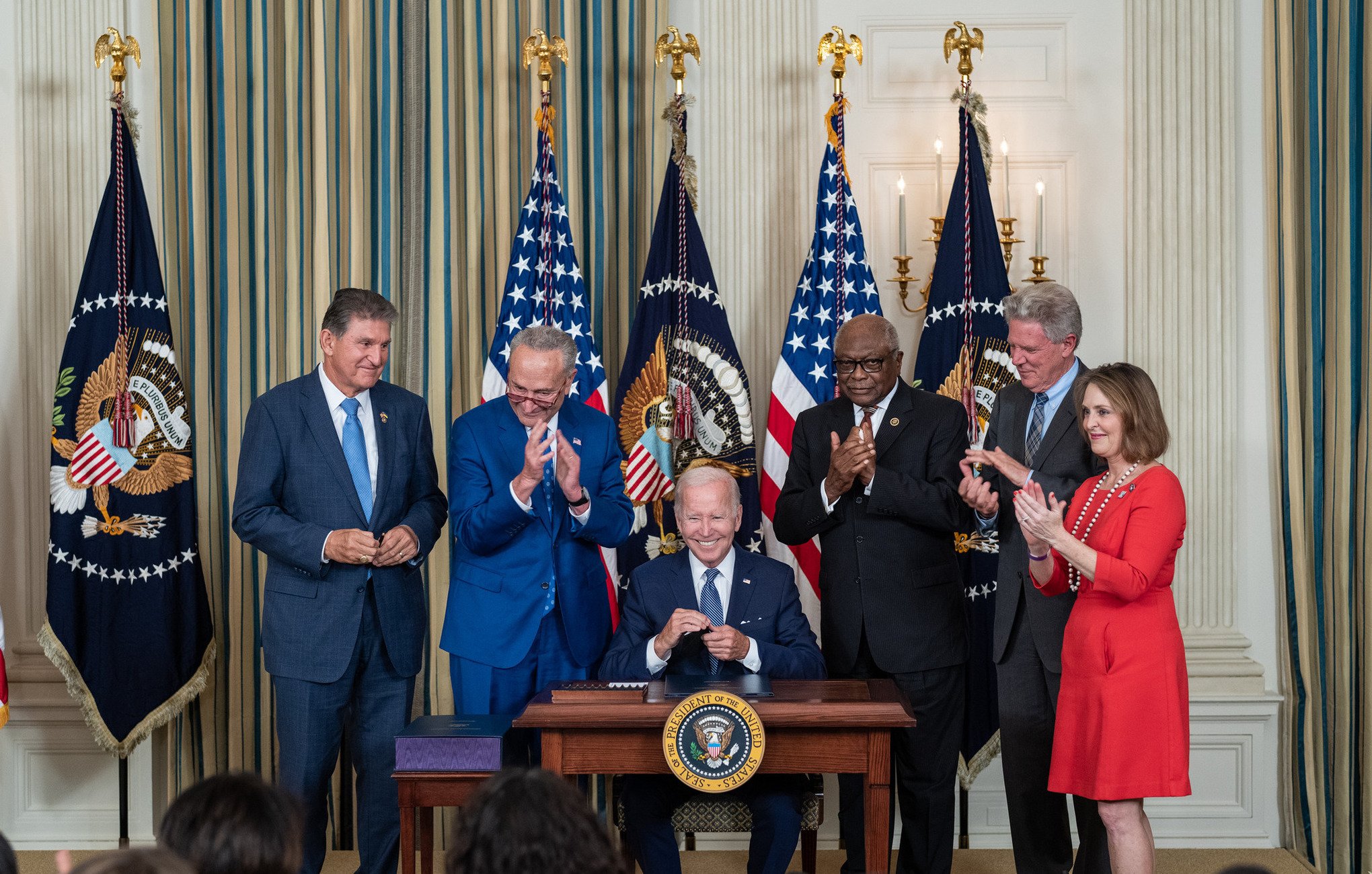Fiscal Policy
|
How Currency Shapes Global Trade: Exchange Rates, Investment, and Stability
Free trade and free markets promote sound money, as countries compete for business and investment.
|
How to Make Social Security Reform a Winning Campaign Issue
“Price indexing will remove about 80 percent of the unfunded liability gap over the next 75 years, if instituted in 2029.” ~David Rose
|
Resolutions for the Fiscal New Year
“Many lawmakers in DC make resolutions to be more fiscally responsible, but much like our New Year’s resolutions, they rarely follow through.” ~Thomas Savidge
|
Will the Fed Repeat 1970s Policy Mistakes?
“Without structural reforms, inflation will continue to threaten the purchasing power of Americans.” ~Vance Ginn
|
In Policy, Vagueness is No Virtue
“Vagueness virtually ensures bad policies, if advancing Americans’ well-being —rather than party power — is the criterion.” ~Vincent Geloso
|
Harris’s ‘Joy’ Would Cost US Dearly
“Economists have a duty to point out just how destructive these proposals are.” ~Alexander W. Salter
|
Regulatory Burden Falls Hardest on the Poor
“Occupational licensing — the costly requirement of a license to be engaged in a particular profession — has grown massively in recent decades. Many of the new regulations fall on low- and medium-income professions.” ~Vincent Geloso
|
Entitlement Collapse is Worse Than it Looks
“Voters need to understand that by not pressuring politicians to deal with entitlements now, we might end up with a substantial amount of the means of American production being owned by the government. This will harm our society incalculably.” ~David C. Rose
|
‘Trivial’ Tariff Would Cost the Poor Billions
“If the de minimis exemption were eliminated, people living in the poorest zip codes would face average tariffs of 12.1 percent.” ~Bryan Riley
|
AIER Explainer Series Demystifies Public Debt
“The debt problem is a spending problem, not a revenue problem. Research shows that raising taxes covers barely a fraction of the outstanding debt.” ~Thomas Savidge and Ryan Yonk
|
A Recession the Yield Curve Predicted (Again)
“We get the signal that another recession will arrive within 12-18 months, then we get the signal that says recession is imminent. The door knocks are getting harder and louder. Something’s out there.” ~Richard M. Salsman
|
Trillion-Dollar Surprise in the Inflation Reduction Act
“All this adds up to an open tab that renewable energy companies can use over and over again and that taxpayers will pick up. Unless Congress acts to close these loopholes, a $35 trillion debt will look quaint when the US surpasses $45 trillion or even $50 trillion in the 2030s.” ~Paul Mueller











